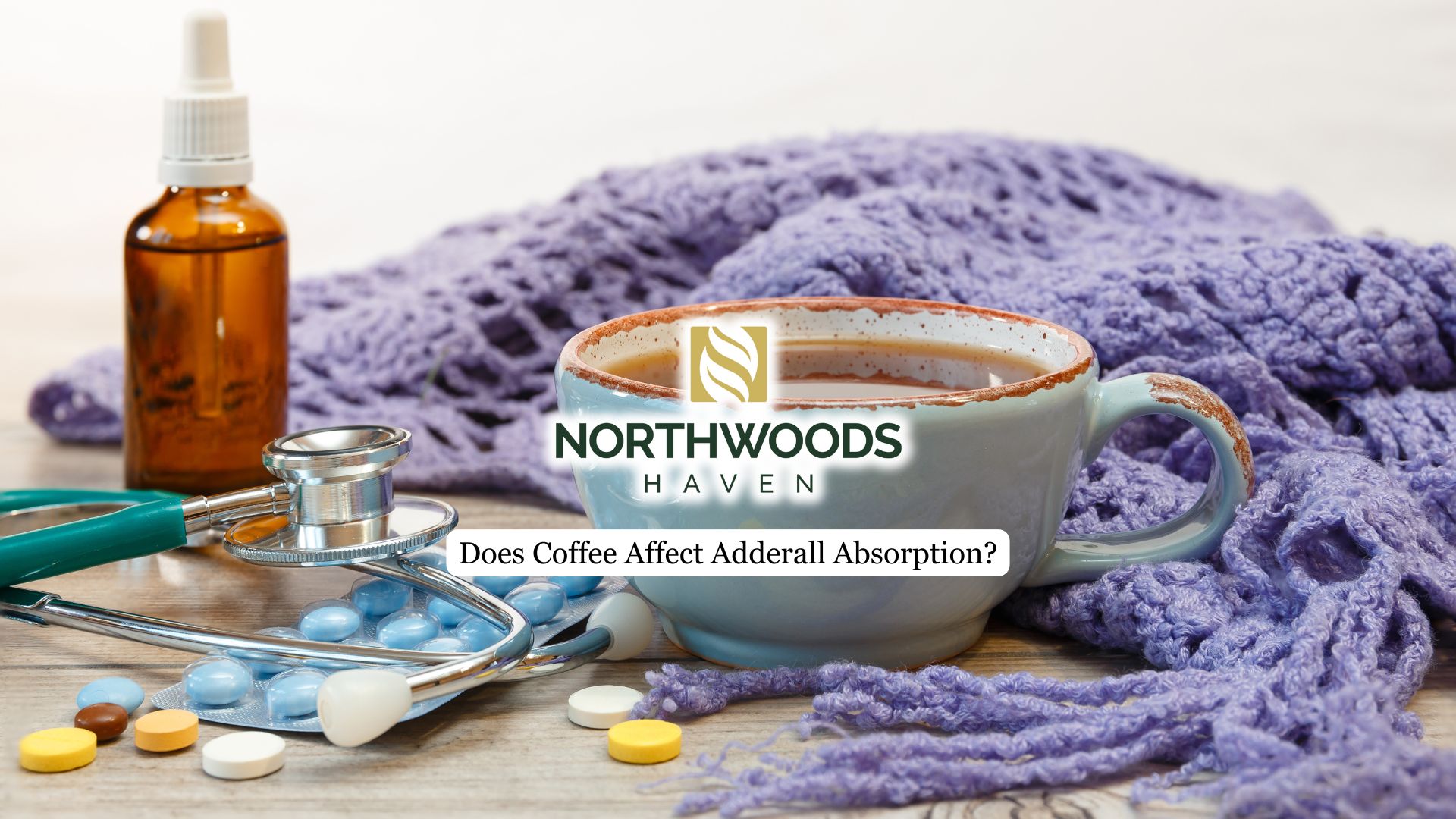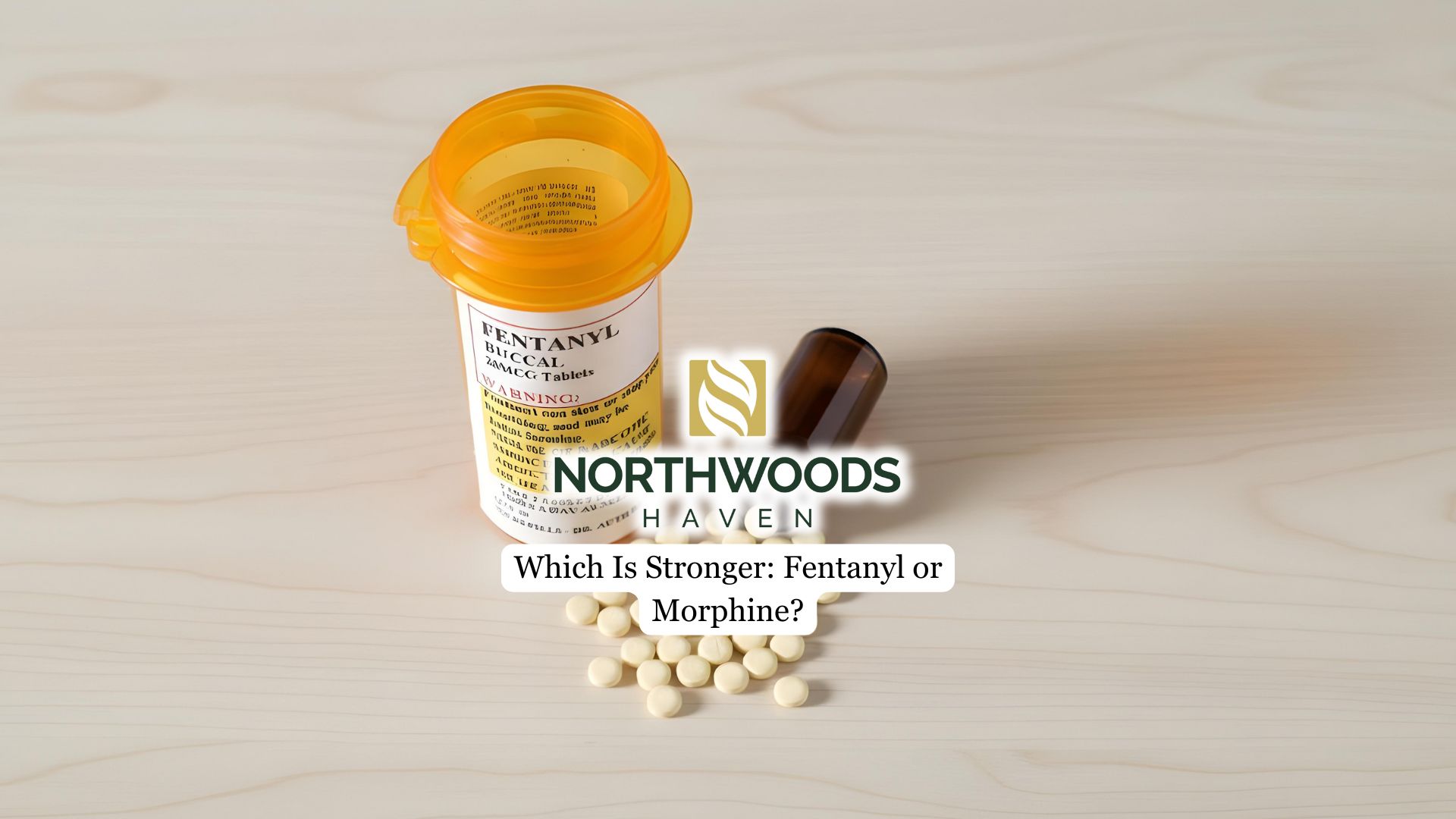Adderall is a commonly prescribed stimulant medication used primarily to treat attention deficit hyperactivity disorder (ADHD) and narcolepsy. Many people who take Adderall also consume coffee or other caffeinated beverages to boost alertness and energy. Understanding how these two stimulants interact can help you use them safely and effectively.
In this article, we will look into how coffee may influence Adderall absorption, its effects on the medication’s effectiveness, the potential risks of combining the two stimulants, and recommendations for safe use.
How Adderall and Coffee Work in the Body
Adderall works by increasing the levels of two key neurotransmitters in the brain—dopamine and norepinephrine. Dopamine is involved in reward, motivation, and attention, while norepinephrine plays a role in alertness and the body’s “fight or flight” response. By boosting these chemicals, Adderall helps improve focus, attention span, and impulse control, making it effective for managing symptoms of ADHD and narcolepsy.
However, it’s important to note that Adderall carries a potential risk for addiction, especially when misused or taken without a prescription. Individuals struggling with Adderall misuse or dependency are strongly encouraged to seek help from a qualified rehab center for stimulant misuse, where they can receive the support and care needed for a safe and lasting recovery.
Coffee, on the other hand, contains caffeine, a natural, legal stimulant that works in a different way. Caffeine blocks adenosine receptors in the brain. Adenosine is a neurotransmitter that promotes relaxation and sleepiness, so when caffeine inhibits its action, it reduces feelings of tiredness and increases alertness.
While both Adderall and caffeine stimulate the central nervous system, Adderall primarily enhances the release of neurotransmitters related to attention and motivation, whereas caffeine mainly counters fatigue by preventing the calming effects of adenosine. This difference in mechanisms means that although both can increase alertness, their effects on the brain and body are distinct.
Interaction Between Coffee and Adderall
The interaction between coffee and Adderall is primarily due to their shared stimulant effects on the central nervous system. When taken together, these substances can amplify each other’s effects. While some people use coffee to enhance the alertness provided by Adderall, this combination can also increase the risk of overstimulation and cardiovascular strain, especially in those sensitive to stimulants. Experts recommend caution when combining the two, particularly in high doses or without medical supervision.
Coffee’s Effect on Adderall
The impact of coffee on Adderall’s effectiveness varies among individuals. Some people report that caffeine reduces the medication’s benefits by masking its effects or causing their body to develop a tolerance more quickly.. Others experience increased side effects such as nervousness, nausea, or difficulty concentrating when combining the two.
Because caffeine and Adderall both stimulate the central nervous system, frequent use together may lead to cross-tolerance, where the body becomes less responsive to the effects of both substances over time.

Health Risks of Combining Coffee and Adderall
Combining coffee with Adderall increases the risk of cardiovascular side effects, including elevated blood pressure, increased heart rate, palpitations, and chest discomfort. Overstimulation of the nervous system can also lead to anxiety, insomnia, headaches, and digestive issues.
These risks are particularly concerning for individuals with pre-existing heart conditions, anxiety disorders, or sensitivity to stimulants.
Recommendations for Safe Use
If you take Adderall, it’s generally best to limit or avoid caffeine to reduce the risk of side effects and interactions. Always consult your healthcare provider about your caffeine consumption, especially if you have underlying health conditions.
Instead of relying on caffeine for energy, consider natural alternatives such as getting adequate sleep, regular exercise, and maintaining a balanced diet. Monitoring how your body responds to both Adderall and caffeine can help you and your medical professional adjust dosages or habits for optimal results.
Final Thoughts from Northwoods Haven
Coffee can affect Adderall absorption and its overall effectiveness in complex ways, potentially enhancing or diminishing its effects. Because combining two stimulants increases the risk of side effects and may interfere with ADHD treatment goals, careful management is essential.
At Northwoods Haven, we understand that even legal substances like coffee, when combined with prescription medications such as Adderall, can be misused in ways that lead to dependency and serious disruptions in daily life. Our drug rehab programs in Minneapolis are equipped to address stimulant misuse, whether it’s from prescription amphetamines, excessive caffeine, or the combination of both. Through personalized treatment plans, education, and continuous support, we help individuals regain control, promoting lasting recovery and a healthier, more balanced future.



